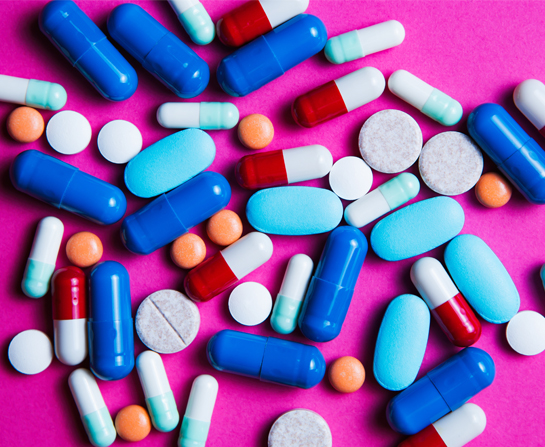SUPPLEMENTS IN THE TIME OF COVID-19
May 8, 2022 Return

WORDS LIM TECK CHOON
During a time of pandemic such as COVID-19, we may see a surge of consumption of supplements in an effort to boost one’s defense against infectious diseases.
Professor Dr Hans Hauner from the Technical University of Munich recently published an article that reviewed the evidence—or lack of, in some cases—supporting the use of certain supplements.
Vitamin D
He points out that there are plausible indications that vitamin D may have positive health-related effects.
However, he notes that these indications are the results of studies conducted on cell cultures and animals. The evidence suggesting that these studies will yield the same beneficial results in humans is, as he puts it, “very weak”.
Some review papers in medical journals suggested that there is an inverse association between vitamin D status and the risk of acute respiratory tract infection and depression. This is to say, the risk for these conditions decreases when one consumes sufficient vitamin D to meet their daily nutritional needs. However, Professor Dr Hans Hauner believes that more high-quality studies are needed to confirm this.
Polyphenols and carotenoids
They are said to strengthen the body’s immune function. However, the current evidence to support this theory is weak; more research is needed on this matter.
A balanced diet is a sensible option
“High-quality controlled human intervention studies in COVID-19 patients are not yet available; therefore, the benefits of supplements for people with a virus infection are questionable,” says Professor Dr Hans Hauner. “Personally, I would not recommend taking these supplements unless there is an actual medical reason.”
He adds that a balanced diet provides a person’s body with a sufficient amount of all the required micronutrients.
Reference: Hauner, H. (2020). Wie ernähre ich mich am besten in Zeiten der Corona-Pandemie? : COVID-19 und Ernährungsmedizin [Which diet during the Corona pandemic?]. MMW Fortschr Med.;162(9):57-60. https://doi:10.1007/s15006-020-0480-1 